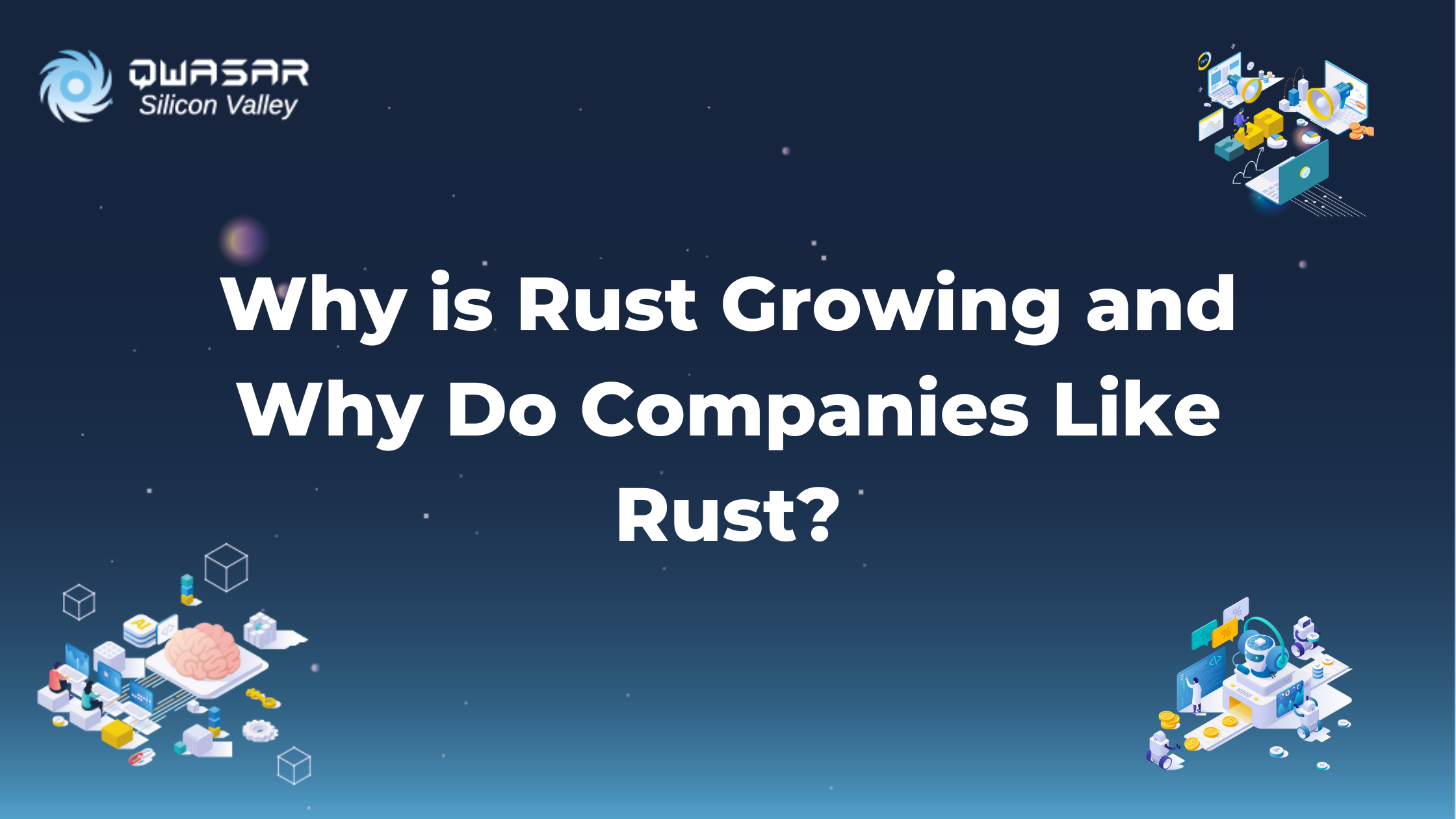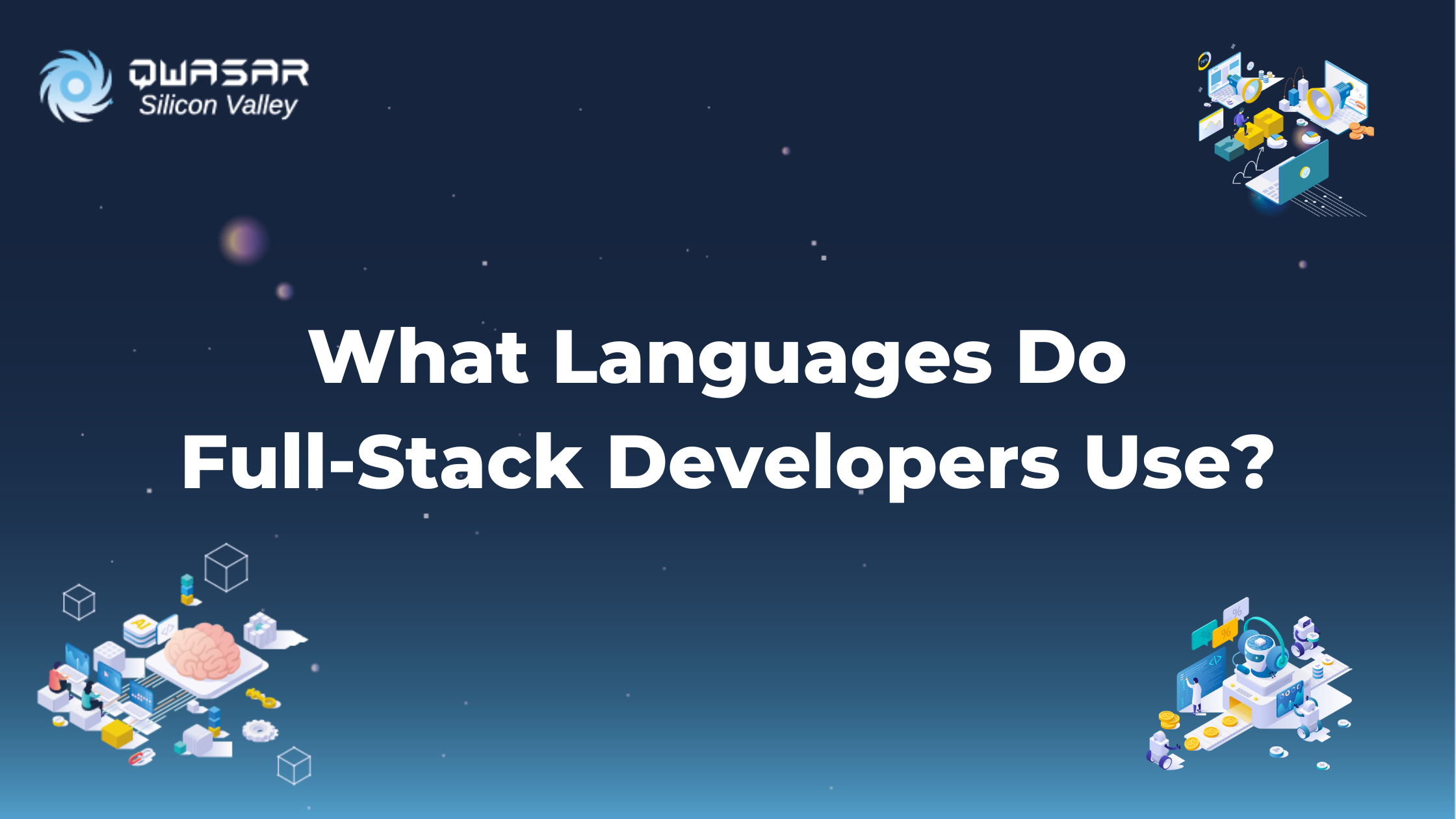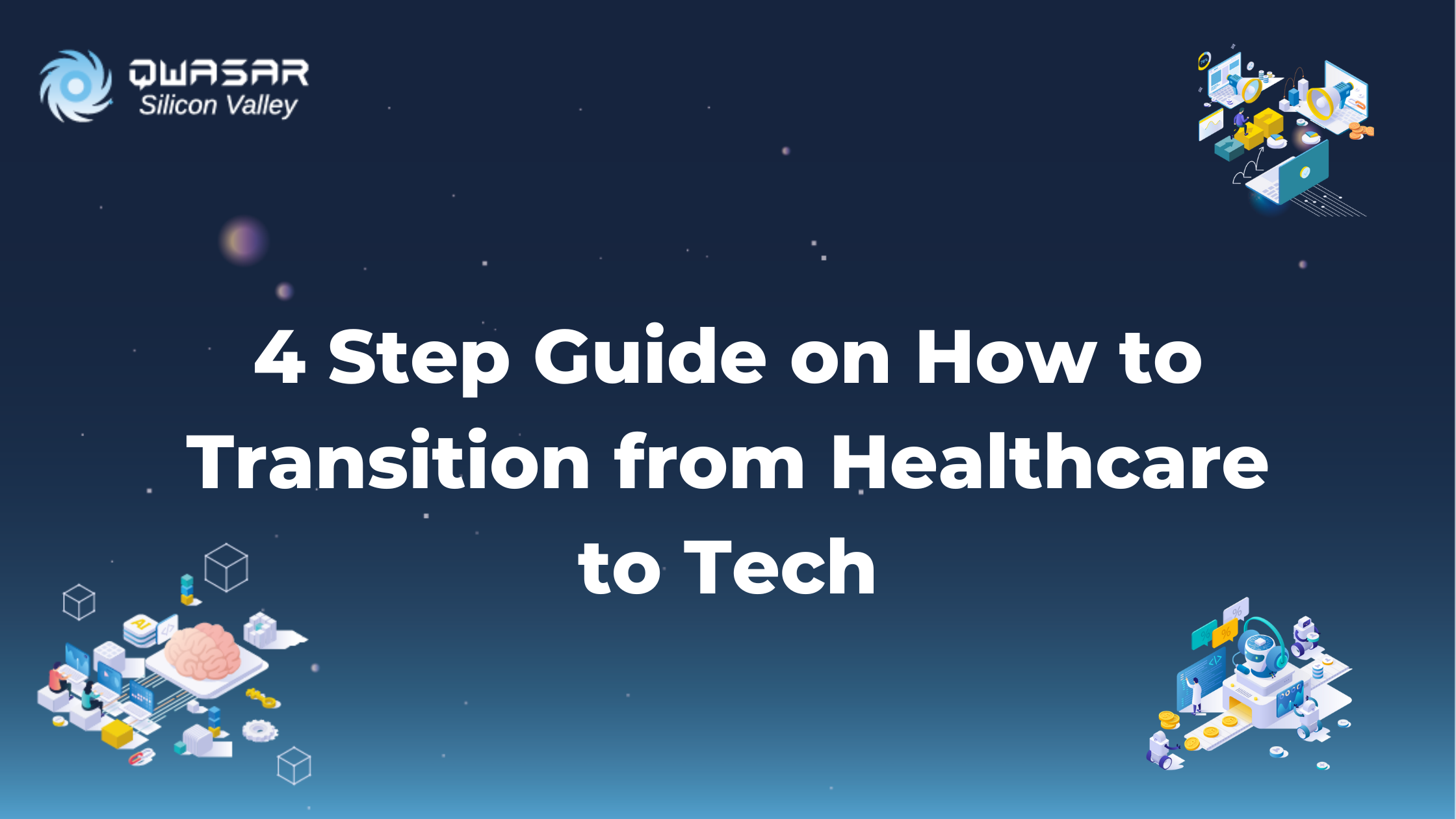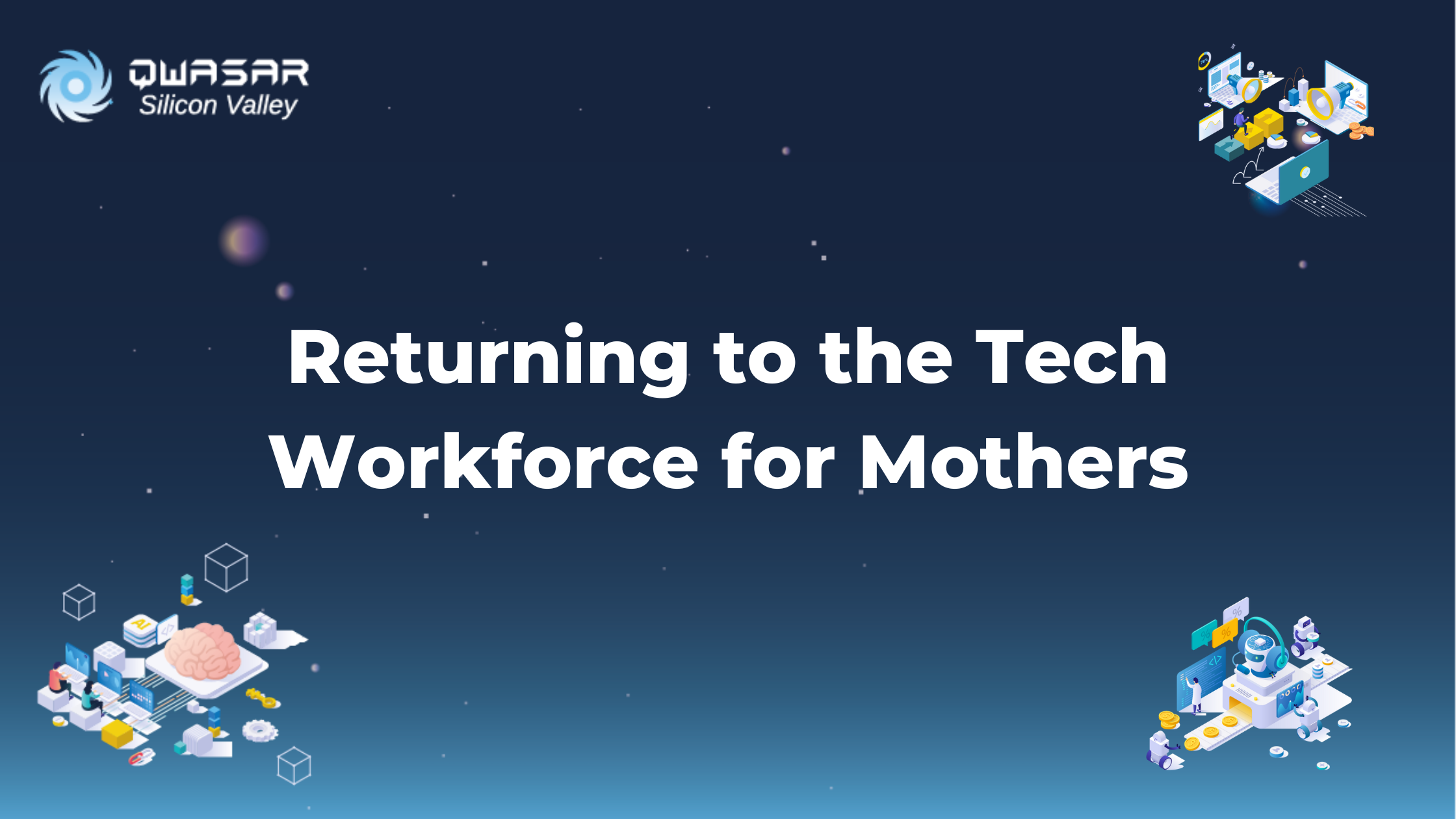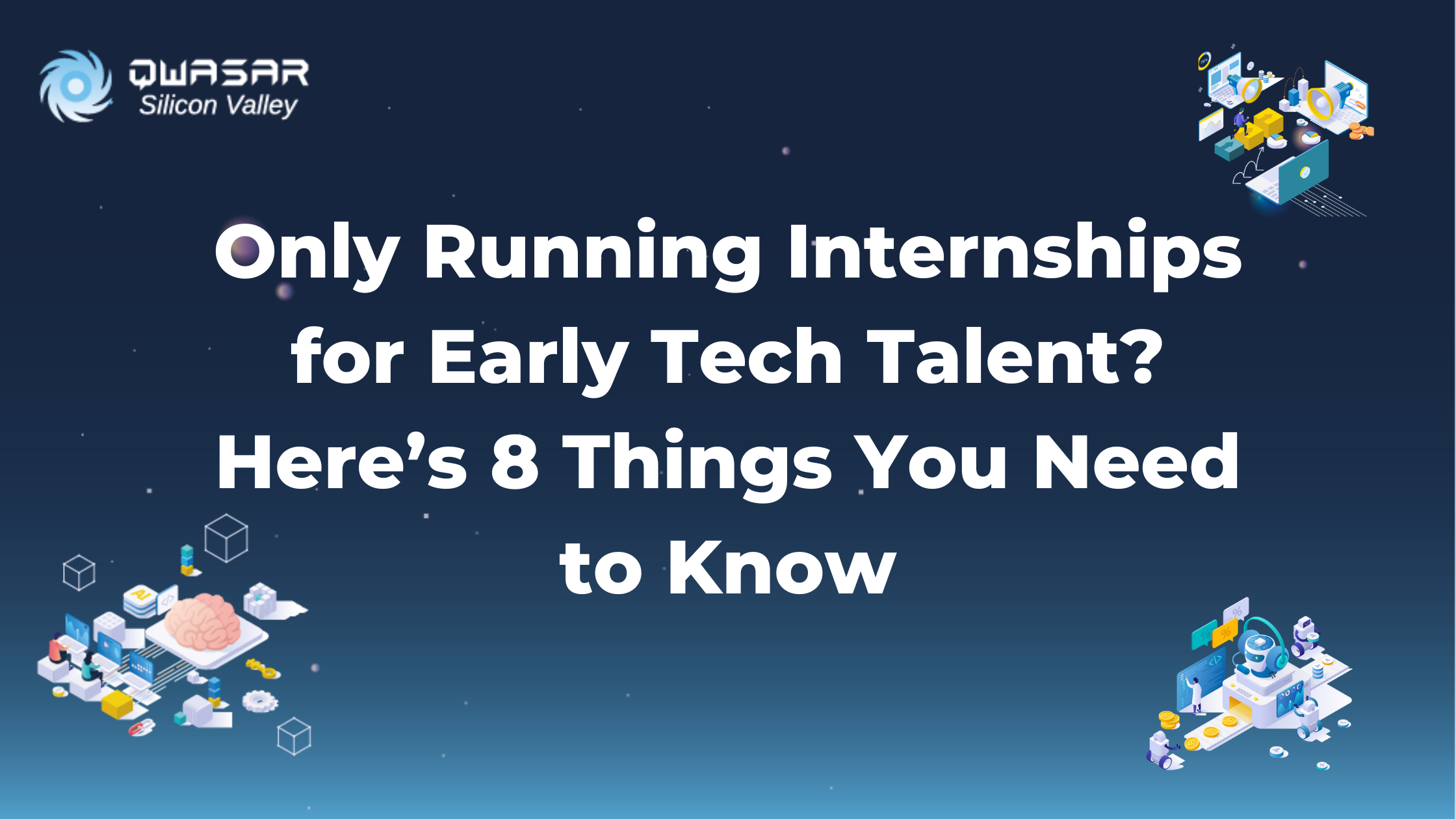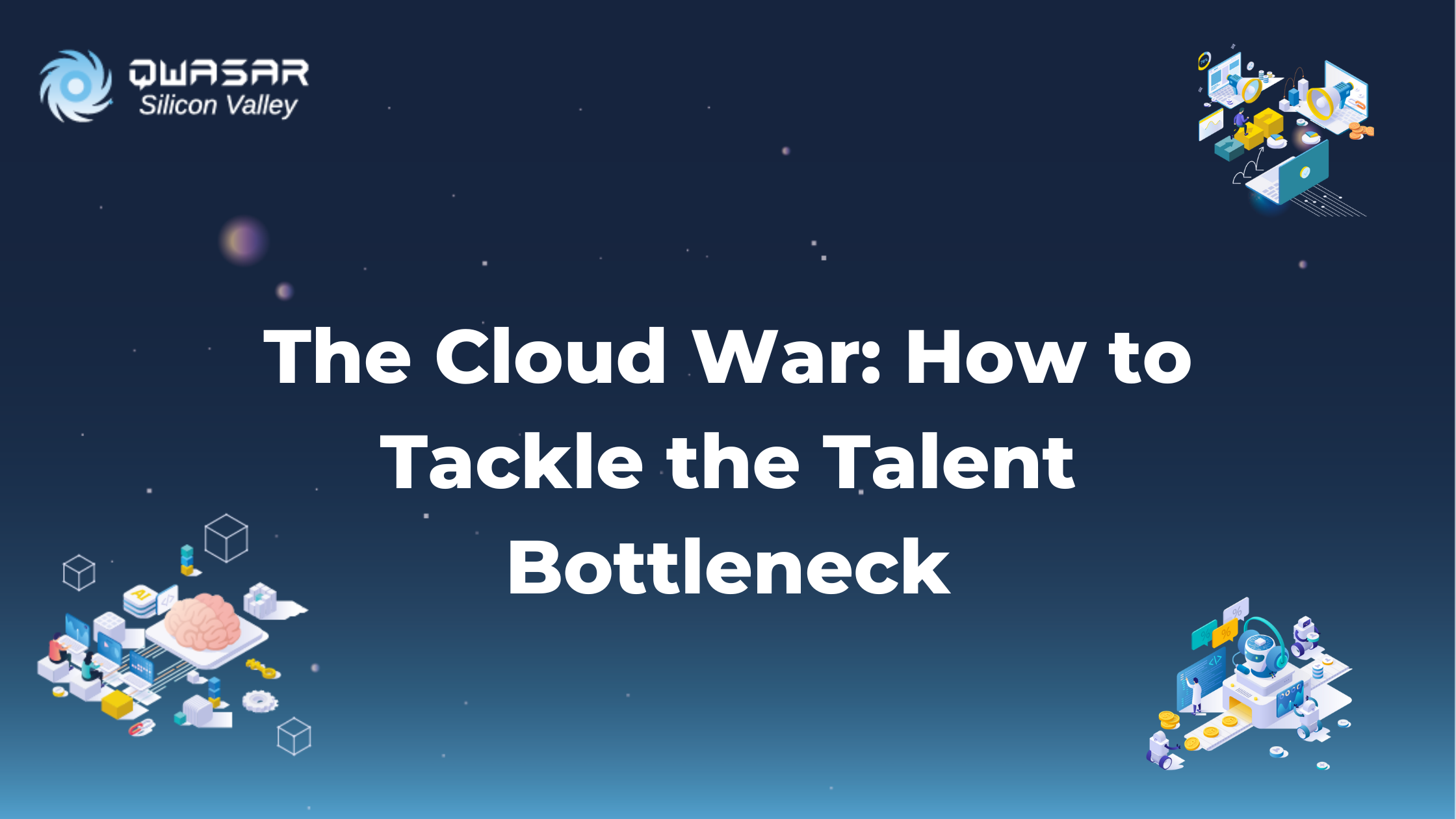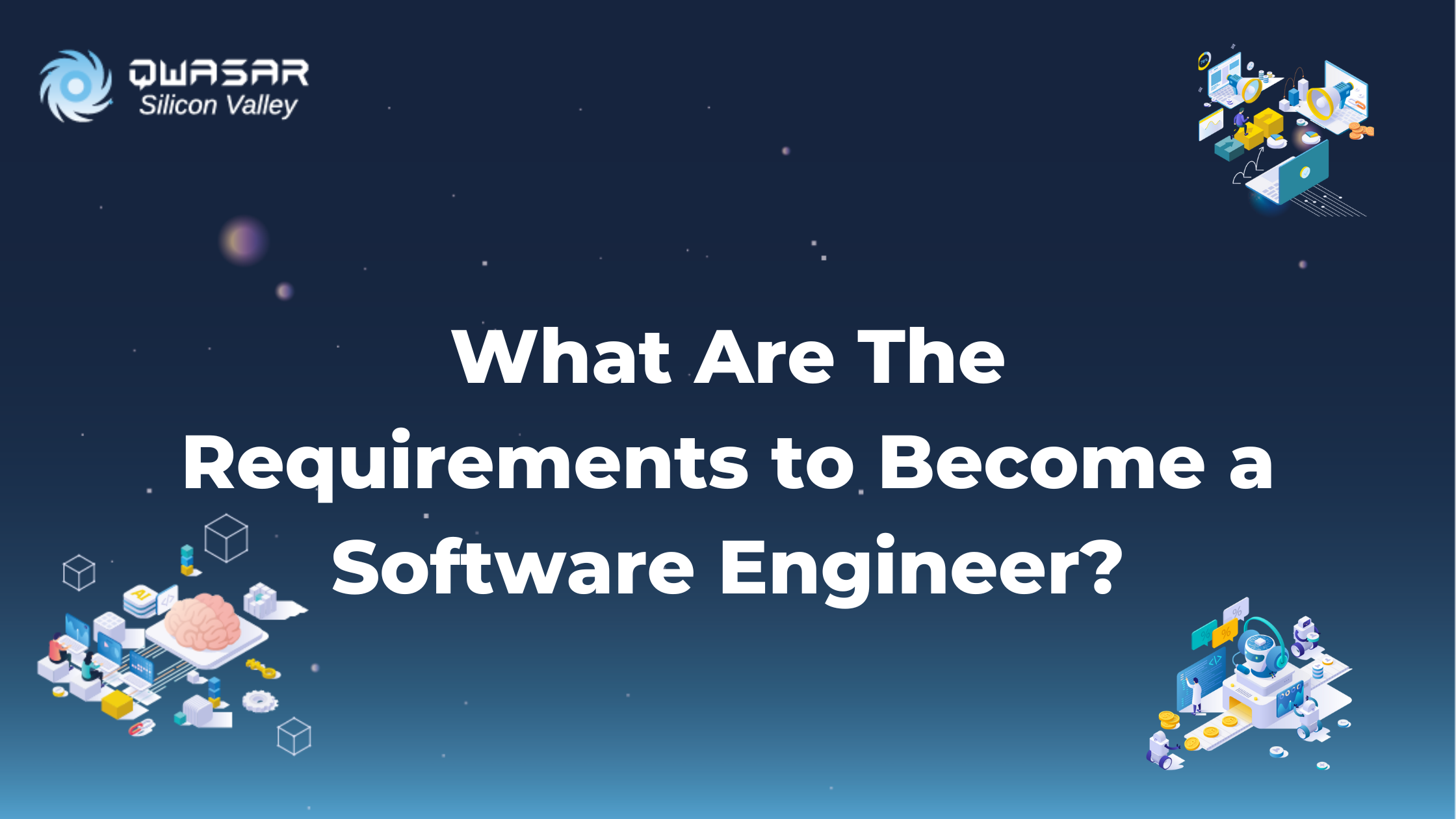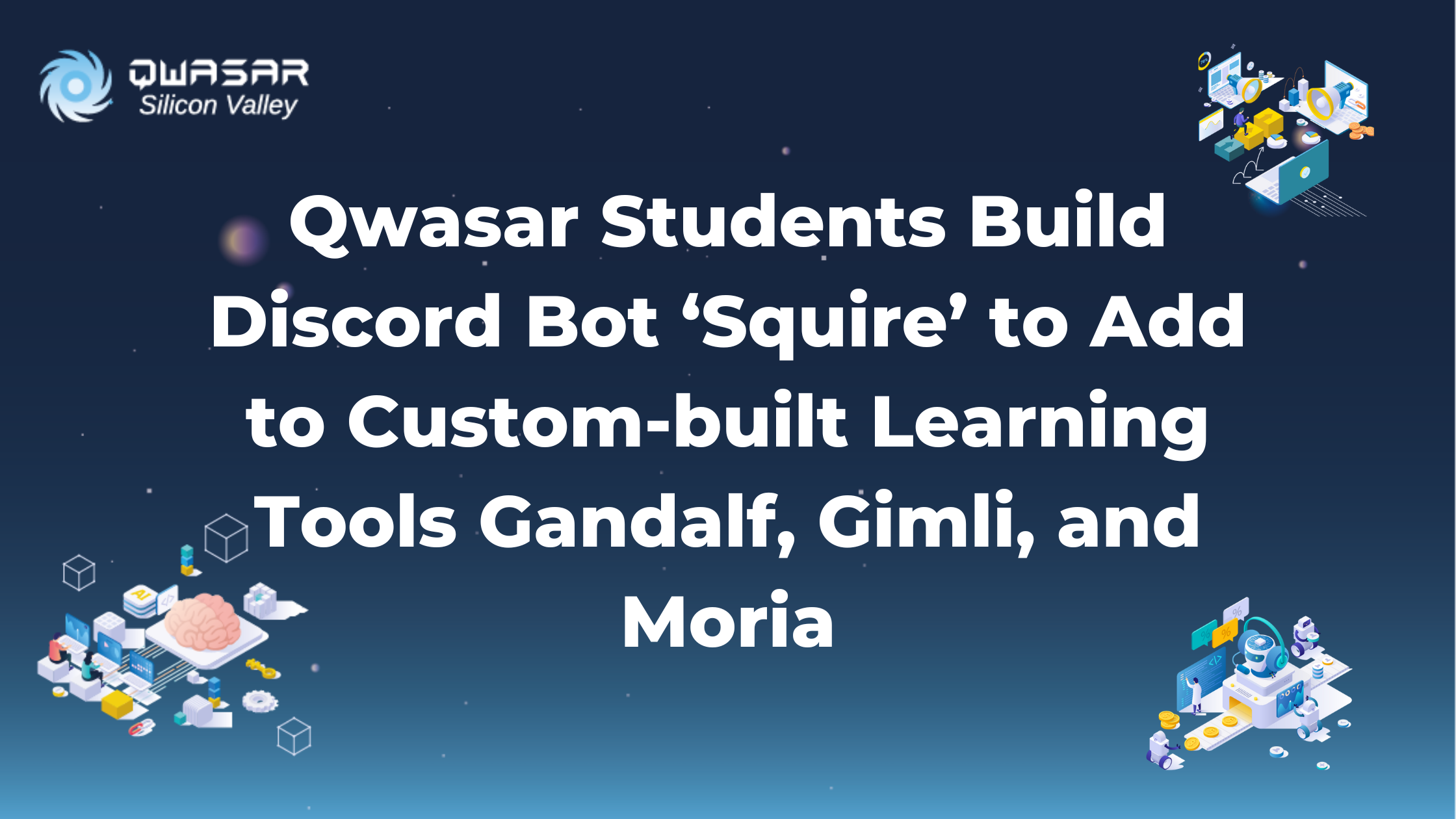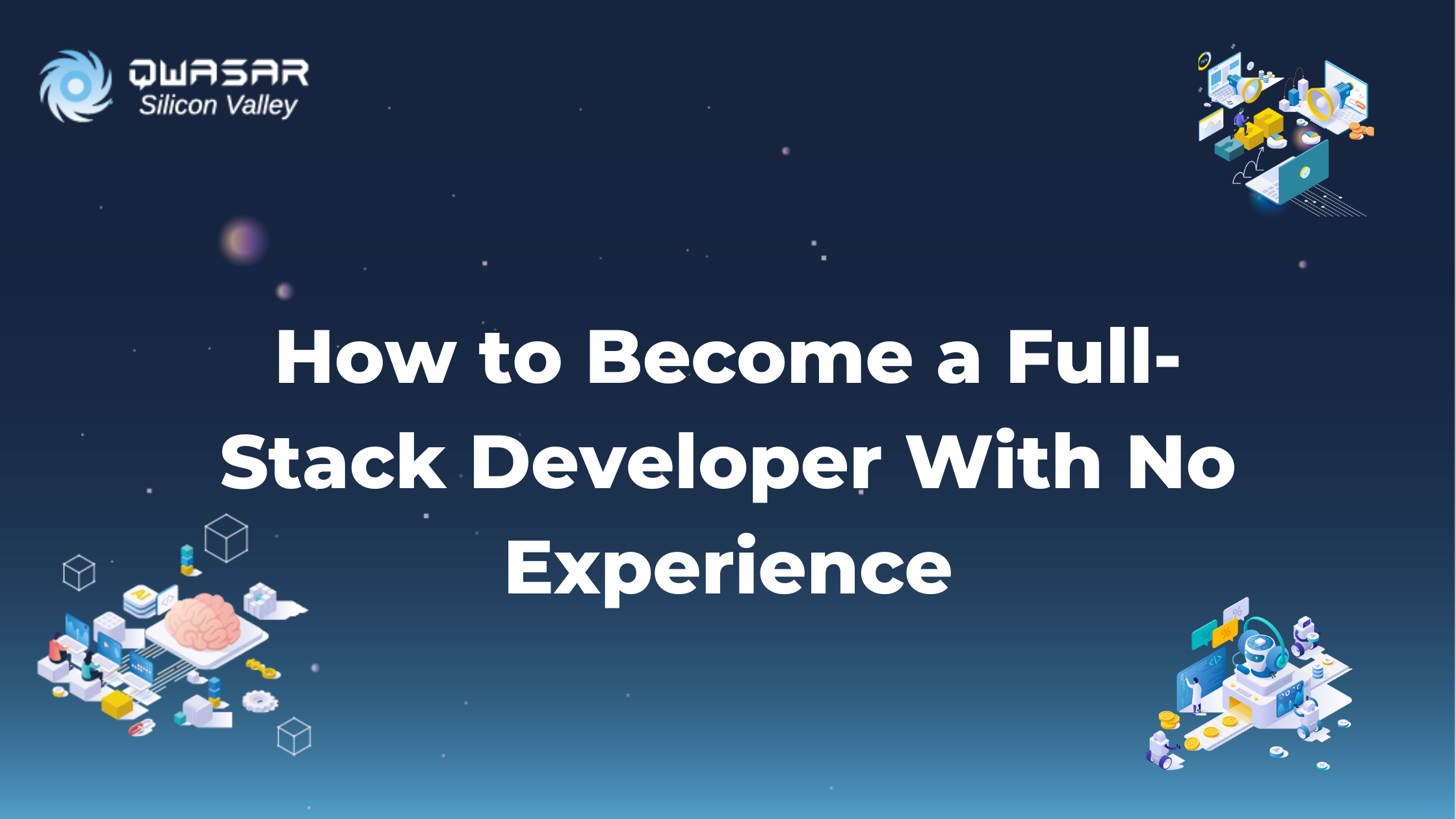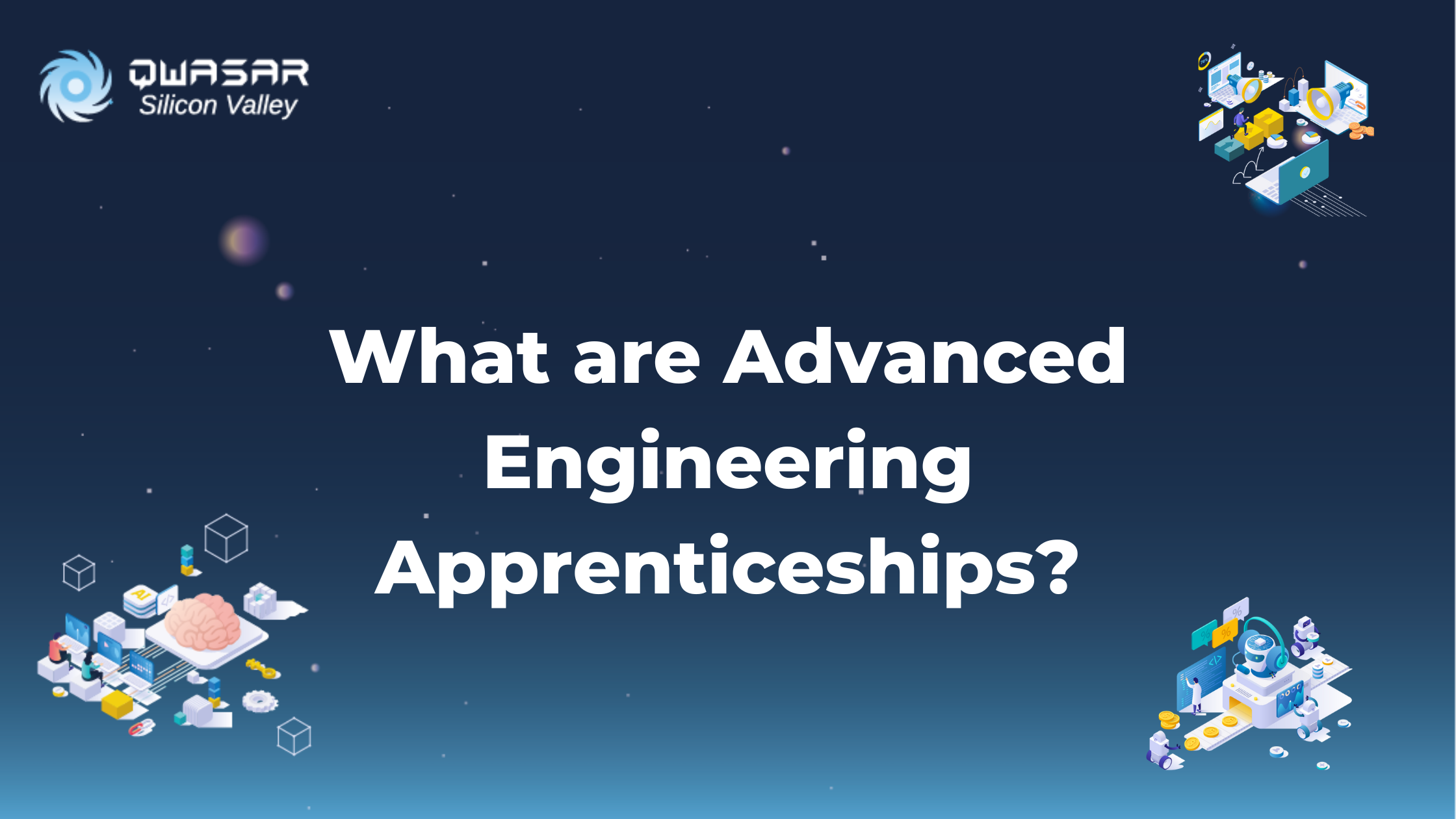Rust is a programming language that first appeared in 2010, and in the years since, it has carved out a unique space in the programming world. Rust was designed to be a systems programming language that combines the performance of C and C++ with memory safety and ease of use.
Particularly noteworthy is how quickly Rust has gained popularity among developers. Since 2016, it has consistently ranked as the "most loved" programming language in the Stack Overflow Developer Survey. But Rust’s popularity isn’t just a fleeting trend - it’s based on some rock-solid attributes such as performance, safety features, and a lively and devoted community. Its modern syntax and focus on developer productivity have appealed to those working in systems-level development.
In this article, we will dive into the reasons behind the meteoric rise of Rust and why it’s garnering so much attention from companies big and small. We will explore the features that set Rust apart and examine the various applications it's ideally suited for. We will see how and why different companies have turned to Rust for their critical systems through real-world examples and case studies. In addition to all of its strengths, we’ll also look at the challenges faced by Rust and ponder what the future might hold for this remarkable language.

